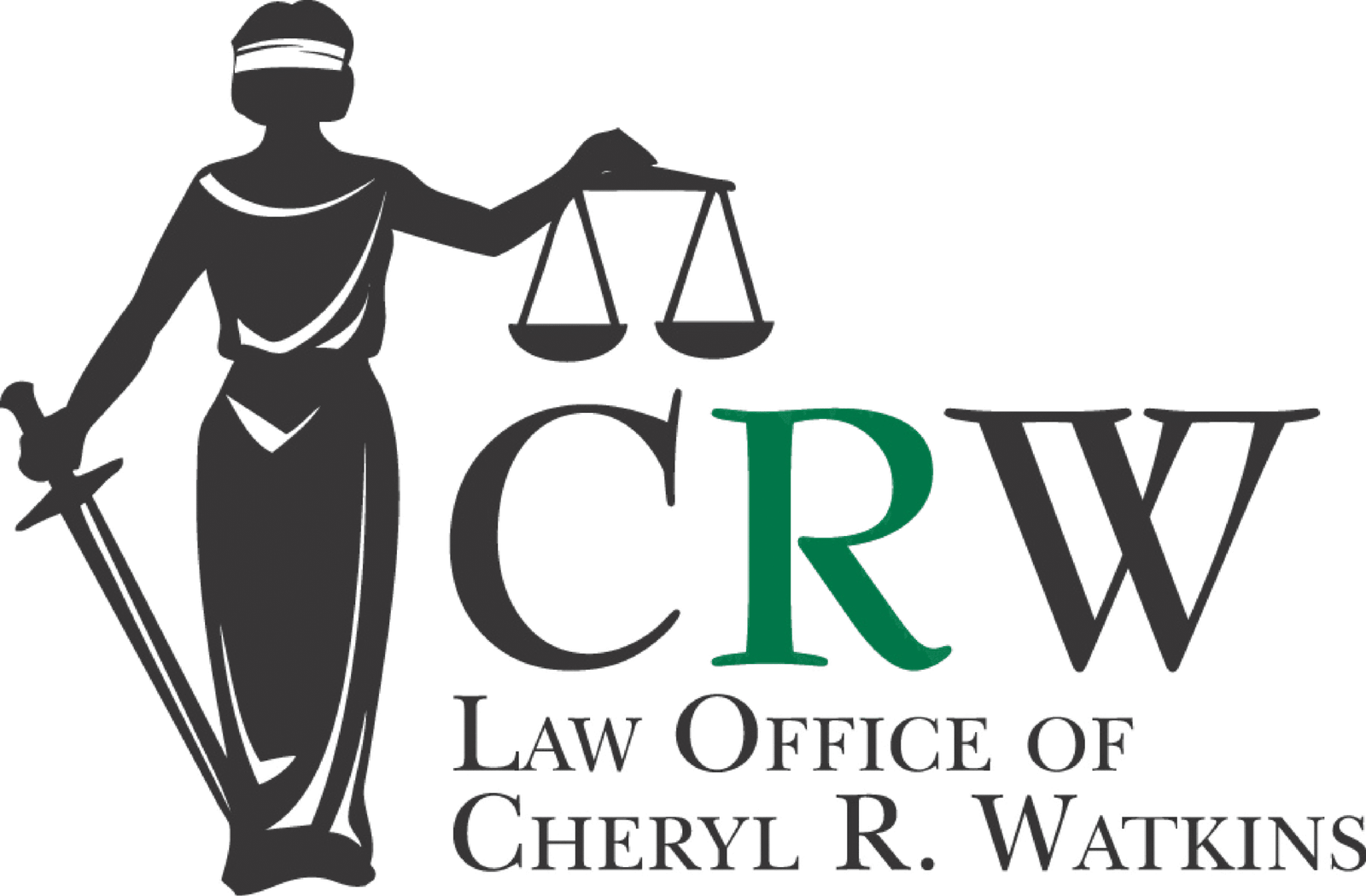Probate Without the Burden
Guiding Families Across North Carolina
When a loved one passes, the probate process can feel overwhelming. Our firm provides clear guidance for executors, administrators, and families across North Carolina—helping you settle estates efficiently, avoid costly mistakes, and move forward with confidence.
What Is Estate Administration
Estate administration (probate) is the court-supervised process of managing and distributing a person’s property after death. It requires strict compliance with North Carolina’s legal deadlines, filings, and reporting. Families who try to navigate probate on their own often face harsh consequences:
- Real estate lost to foreclosure when protections or deadlines are missed.
- Family conflict over sentimental items.
- Children or fathers unintentionally excluded under North Carolina’s legitimacy laws.
- Estates left open for years—even decades.
- Fiduciaries removed or sanctioned for incorrect distributions.
- Missed creditor notices that forfeit objections to questionable claims, blocking clear title for property sales.
Clerks can provide forms, but those forms are only 10% of the process. The other 90%—strategy, sequencing, creditor management, and title preservation—is where problems arise. By the time the Clerk says, “You need a lawyer,” rights may already be lost. Working with an experienced estate administration attorney north carolina from the start helps families avoid costly mistakes and protect their loved one’s legacy.
Overview
Benefits
Compliance with NC probate rules
Protection against fiduciary liability
Preservation of property value
Reduced stress and delays
Key Aspects
Opening the estate & inventory filings
Creditor notification and claim handling
Accounting, distributions, and court approvals
Title clearance for real estate
Ideal For
Executors and administrators (in-state or out-of-state)
Estates with real property or complex assets
Families needing to sell property quickly but correctly
Estates delayed or mishandled
Our Process
Step-by-Step Support From Start to Finish
We begin by mapping out your duties, timelines, and filing requirements. Our system tracks every deadline, organizes documents, and coordinates communication with banks, insurers, and the Clerk’s office. Throughout the process, our estate administration attorney north carolina provides regular updates, practical guidance, and careful filings to protect both the estate and you.
Common Estate Administration Matters We Handle
• Estates with multi-county real estate sales
• Intestate estates (no will)
• Estates Involving Out-of-State Heirs
• Heir determination and beneficiary coordination
• Creditor disputes and claim management
• Correcting missteps from attempted DIY filings
FAQ: Estate Administration
How long does probate take?
Most estates take 6–12 months; complex cases can take longer. Our systems help avoid
unnecessary delays.
What if I miss a deadline?
The court may remove you or impose penalties. Early guidance helps prevent this.
Can the Clerk guide me through everything?
The Clerk cannot give legal advice. Many issues arise outside the scope of forms.
What if I started alone?
We often step in to correct course, though missed deadlines and lost rights cannot always be
reversed.
